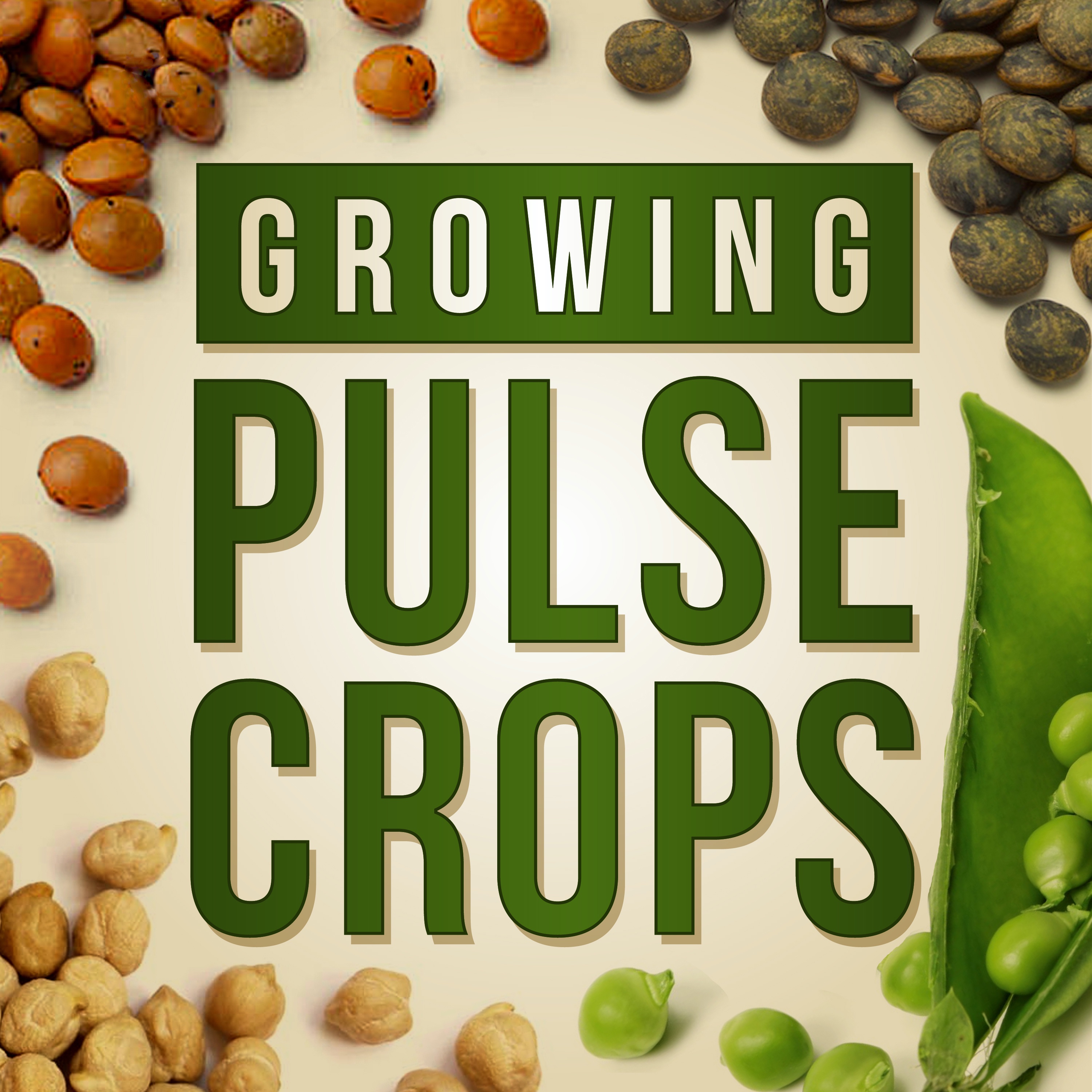Weed Management in the Age of Herbicide Resistance With Brian Jenks, Ph.D.
Dr. Brian Jenks is a weed scientist at North Dakota State University based in Minot. Jenks has been in this role since 1997 and over that time he has seen an alarming rise in resistance to many of our herbicides from certain weeds, especially in kochia. In this episode, Jenks shares about the latest in kochia management including what’s working and not working, which products have built up resistance and which products are still effective. We also talk about a few other key weeds like palmer amaranth, wild oat and green foxtail.
“ And if there's anybody listening who's thinking about using Tough on lentil, please call me before you use it because there's some things that you need to know. I mean just reading the label, you're not going to have sufficient information because all they say on there is spray 6 to 20 ounces and oh, by the way, you can tank mix with Metribuzin. Well, that is a recipe for potential disaster if you do that. Because we need to talk rates, we need to talk timing, we need to talk adjuvants, and I'm encouraging growers to do this only as a last resort because you will see severe injury.” - Dr. Brian Jenks
This Week on Growing Pulse Crops:
- Meet Dr. Brian Jenks, a weed scientist at North Dakota State University based in Minot, ND
- Discover the rising risk of herbicide resistance in weed management especially with the weed kochia
- Learn the process to evaluate the type of kochia resistance producers may be facing and how to get that service for free
- Understand the significance of a weed being on the noxious weed list and the impact that has on producers
- Contact Dr. Brian Jenks with any of your weed biology or herbicide questions at (701) 857-7677
Growing Pulse Crops is produced by Dr. Audrey Kalil and hosted by Tim Hammerich of the Future of Agriculture Podcast.

